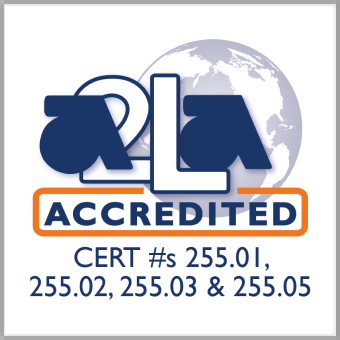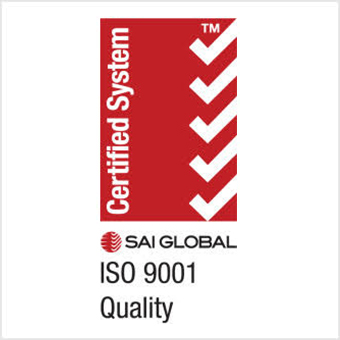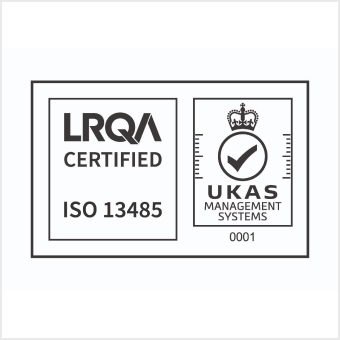High operating temperatures, harsh environments and excessive cycling can cause significant decreases in elastomeric material durability. ARDL performs tests to measure the cycling fatigue of materials and products to determine fatigue life and predict damage initiation once failure criteria has been established. Our capabilities include DeMattia Fatigue, Mini-DeMattia Fatigue and Dynamic Fatigue tests using MTS servohydraulic machines. With this equipment, we are able to measure the number of flexural cycles or load deformation cycles a polymer material can withstand before damage occurs and in some cases, use this data for service life prediction of a part. We can review crack-growth, measure strain and load, set specific loads and cycles, test at elevated temperatures and perform tests on ASTM specimens as well as specimens from field service parts.
DeMattia Fatigue Testing
The DeMattia Fatigue test is a dynamic test measuring the resistance of a material to cracking. This cracking is performed by flexural extension or bending. The number of cycles is measured and the crack growth or resistance to crack growth is determined.
Mini-DeMattia Testing
The Mini DeMattia flex-life test determines the durability of a component and can be used to measure the change in durability as a function of age. A major benefit of the ARDL developed procedure is the ability to perform the traditional DeMattia test on scaled down samples as thin as 0.30″ that are prepared from new or aged field samples.
Pure Shear Fatigue Crack Growth Testing
Utilizing pure shear cut growth test specimens, ARDL monitors crack growth rates with automated digital photography. The crack growth rates are compared with servohydraulic output of load, displacement, and strain to obtain a dc/dN v. T (crack growth rate versus tear energy) curve at various temperatures and loading profiles to characterize crack propagation behavior.
Customized Fatigue Testing
In some instances, specimens are too large for the DeMattia equipment or special fixturing is needed. In these cases, ARDL utilizes its MTS and other servohydraulic load frames for dynamic characterization of elastomeric parts as well as for stroke and load control fatigue testing. We are able to measure the properties of materials for a predetermined number of cycles and also at elevated temperatures with customized fixtures.




